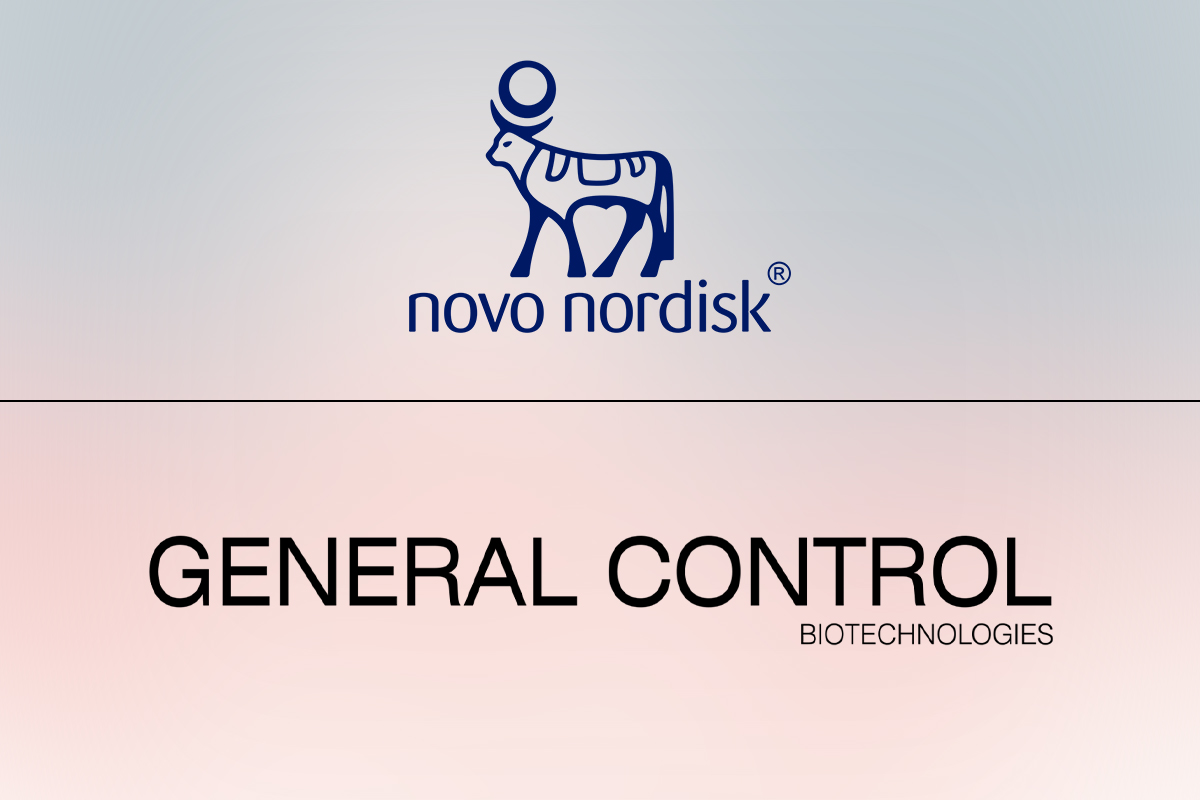General Control enters Novo Nordisk’s Co-Creation Greenhouse to advance multiplex epigenetic editing for complex chronic disease.
General Control, a previously quiet biotech start-up focused on gene expression therapeutics, has emerged from stealth with a significant validation: a collaboration with pharma giant Novo Nordisk through its Co-Creation Greenhouse program. The partnership aims to advance General Control’s programmable epigenetic activation platform, a technology designed to switch genes on or off with precision, durability and reversibility.
Novo Nordisk’s fantastic opportunity lasts for 6 to 12 months, designed to help small startups with novel ideas really take off. In this case, General Control is set to receive crucial funding, hands-on mentorship from Novo Nordisk’s experts and essential access to lab facilities.
The core of General Control’s work is an epigenetic activation platform that can directly modify gene activity at chromatin, the cell’s regulatory landscape. Rather than altering DNA sequences, the company’s programmable epigenetic editors aim to activate or silence genes in their native context, offering a reversible, potentially more controlled form of gene modulation.
If DNA is the hardware, epigenetics is the operating system that tells the hardware what to do; General Control is building programmable software updates for the body – ones that can be installed, rolled back or adjusted as conditions change.
Founder and CEO Lada Nuzhna explained the significance of this during a recent interview with Relentless, noting that although all cells share the same DNA, their behavior diverges because of the epigenome.
Most medicines today modulate proteins and pathways downstream, offering temporary symptom relief rather than addressing the cellular source of disease.
“Most drugs tweak proteins very transiently, which is why you have to take them every day. Epigenetics lets you write a program into a cell at the epigenetic layer, and daughter cells keep running that program,” said Nuzhna, emphasizing this contrast [1]. This could enable long-lasting, potentially disease-modifying therapies, especially for chronic, multifactorial conditions where no single target explains disease progression.
In a post, General Control shared that the platform allows precise tuning of both the level and duration of gene expression, while preserving cellular identity. This tunability is key to tackling complex, multifactorial diseases associated with aging, where multiple pathways – not single genetic mutations – drive disease progression.
Novo Nordisk selected General Control to join its innovation program to advance epigenetic modulation as a therapeutic strategy jointly. The collaboration seeks to explore whether durable and reversible gene-expression control can “rewrite disease biology at its regulatory core.”
While the details of the development roadmap are not yet disclosed, the partnership is framed as a step toward a new generation of therapies capable of addressing chronic, multi-pathway conditions – the type of diseases that traditional single-target drugs struggle to treat.
General Control emphasises that epigenetic editing offers a chance to intervene upstream, before disease pathways fully manifest. By adjusting gene expression rather than replacing or deleting genes, the approach could enable greater safety and adaptability, particularly in diseases of aging, where genetic, environmental, and metabolic factors are deeply intertwined.
The company says its technology “extends the range of biology that can be addressed with medicines,” positioning epigenetic modulation as a flexible tool that may complement – rather than replace – existing therapeutic classes.
The collaboration signals a broader industry shift, wherein large pharma is increasingly looking beyond conventional drug modalities toward platforms that can influence complex systems biology. For General Control, entering Novo Nordisk’s Co-Creation Greenhouse provides access to deep expertise in chronic disease and a pathway toward translating its early platform into real-world therapeutic candidates.
The partnership, as General Control frames it, “lays the foundation for a new generation of potential treatments for complex, chronic conditions.”
Epigenetic editors sit at the intersection of precision, reversibility and multipathway control. If successful, they could open the door to medicines that restore youthful gene expression patterns without altering the underlying genome.
For investors watching the healthy aging, gene therapy and cardiometabolic markets, General Control offers a clear signal: the most competitive frontier in biotech is shifting towards regulatory-level intervention. This new collaboration suggests that the next generation of therapeutics may not rely on editing what genes are, but how they behave.

